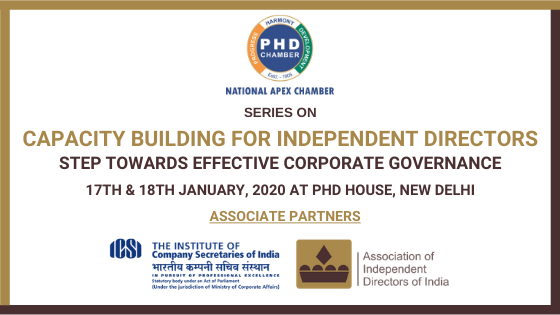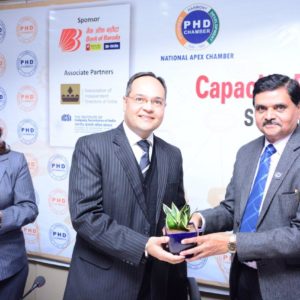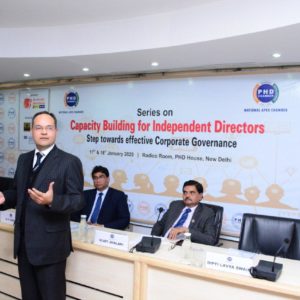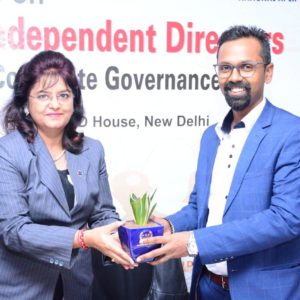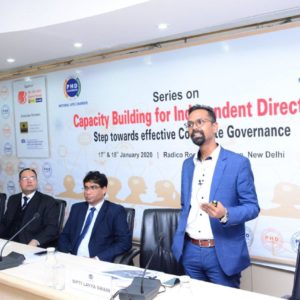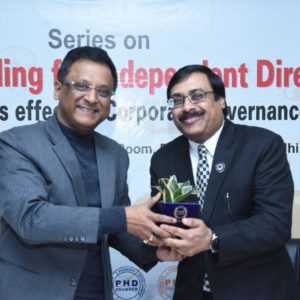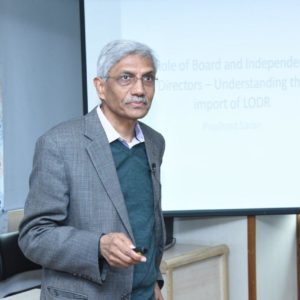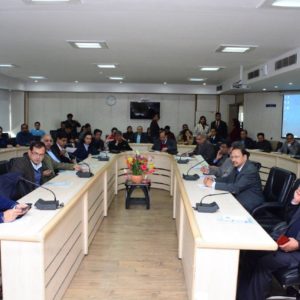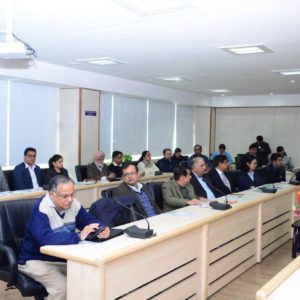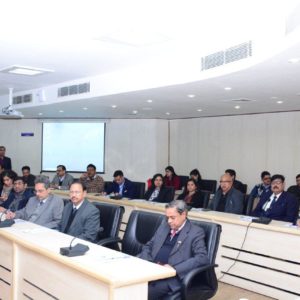In a bid to resolve and upgrade the current corporate governance standards for India Inc., the Ministry of Corporate Affairs (“MCA”) on October 22, 2019 introduced the Companies (Appointment and Qualification of Director) Fifth Amendment Rules, 2019, the Companies (Creation and Maintenance of Databank of Independent Directors) Rules, 2019 and the Companies (Accounts) Amendment Rules, 2019 (together, “Rules”). These Rules came into force on December 1, 2019, with the exception to Rules 2 and 5 of Companies (Creation and Maintenance of databank of Independent Directors) Rules, 2019. The said Rules are to be read with relevant provisions of the Companies Act, 2013 (“Companies Act”).
The objective of these Rules is to create a databank of people who are currently serving as an Independent Director (“ID”) or plan to serve as an ID and are eligible to be appointed as an ID in a company. The databank will be available on the website of Indian Institute of Corporate Affairs (“IICA”). All IDs have been required to register themselves with the IICA within a timeframe. Further to their registration in the databank, such present and prospective IDs will have to pass an online proficiency self-assessment test which will be conducted by IICA and such test will examine their capability to act as an ID on the board of a company. In order to qualify for the online proficiency self-assessment test, such IDs must secure at least 60 (sixty) percent, within 1 (one) year from the date of registration in the databank maintained by IICA.
On this backdrop, PHD Chambers of Commerce in association with the Institute of Company Secretaries of India and the Association of Independent Directors of India hosted a “Series on “Capacity Building for Independent Directors: Step towards effective Corporate Governance” on January 17 & 18, 2020 at the PHD House in New Delhi. The program was conceived with a vision to:
- Enhance the knowledge and awareness of the participants about their roles and responsibilities, functioning and skills as Independent Directors.
- Provide training on various topics covering the Companies Act, Securities Law, Basic Accountancy, Board Practices, Board Ethics and Board Effectiveness.
- Enable Independent Directors to acquire knowledge from diverse resources, develop distinct skills and assess their understanding on company operations, regulations and compliances.
The event showcased Four prolific speakers from distinguished backgrounds. To begin the proceedings on the first day of the Two-Day Series, Mr Sidheshwar Bhalla, (Founding Partner – Mazars India LLC, President – Institute of Internal Auditors, Delhi Chapter) led the first session on ‘Corporate Governance & Role of Board Members’ in which he discussed the intricacies in the process of Board Evaluations, Best Practices to enhance Board Effectiveness, the pivotal role played by the Board in Building Resilient Companies through Innovative Governance Strategies, and the Various Board Committees along with their functions.
The Second Session of the day was led by Veteran Lawyer Mr Dipti Lavya Swain, (Partner – HSA Advocates) on ‘Deep Insights on Companies Act, 2013’ in which he addressed important issues relevant to Independent Directors’ such as:
- Due Diligence Before Joining a Board
- Managing CSR & Engaging Stakeholders
- Related Party Transactions
- Mergers & Acquisitions (M&As)
- Oppression & Mismanagement
- Penalties and Compounding of Offences
- Secretarial Audit & Compliances
The first day was concluded with networking coffee facilitating a healthy interface between the participants and the speakers. Subsequently, The Second day of the Two-Day Series took off with a captivating session on ‘Understanding Critical Issues in Financial Statements’ led by Mr Pramod Jain (Partner – Lunawat & Co.). The session effectively cut across the basics of finance to focus on highly relevant topics for the Directors’ community at large. Mr Jain with great ease and comfort guided the participants on how to dissect crucial financial statements to ascertain an organisation’s financial health. Furthermore, He also discussed the Indian Accounting Standards in great detail along with the possible implications of not following what is prescribed by the law while recording important transactions in the financial statements.
The Two-Day Series Culminated with the Second Session of the Last day which focused on ‘SEBI LODR (Listing Obligation & Disclosure Requirements): Roles & Responsibilities of Independent Directors’. The session was led by Mr Prashant Saran (Ex – Whole Time Member, SEBI) who through his invaluable insights and practical exemplifications, amplified the quality of the deliberations significantly. Mr Saran craft fully took the participants through the various nuances of the SEBI LODR and triggered engagement from them at every step. Furthermore, the session focused immensely on the fundamental differences in the outlook of the SEBI LODR in stark contrast with the Companies Act, 2013 while dealing with issues of an exactly similar nature. It would suffice to say that there couldn’t have been a more fitting end to the program.
The Program was attended by several Independent Directors, Board Members and Key Governance Practitioners. We are humbled by the overwhelming response received by the initiative and would like to thank all the stakeholders for their valuable contributions.

